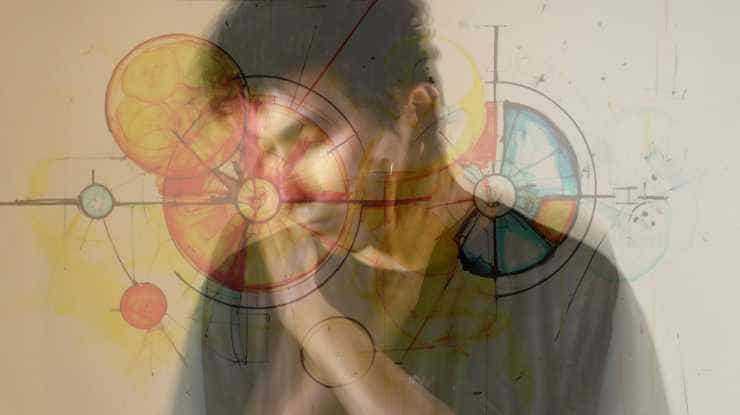Many people will be familiar with electroconvulsive therapy (ECT) as a historical treatment for “mental illness”, in which an electrical current is passed through the brain to trigger seizures, with the aim of somehow treating the illness. In fact, ECT is still being administered to about a million people each year to treat severe depression,…
Author: The Conversation
Are We All OCD Now, With Obsessive Hand-Washing And Technology Addiction?
One of the hallmarks of obsessive-compulsive disorder is contamination fears and excessive hand-washing. Years ago, a patient with severe OCD came to my office wearing gloves and a mask and refused to sit on any of the “contaminated” chairs. Now, these same behaviors are accepted and even encouraged to keep everyone healthy. This new normal…
The Fascinating History Of Clinical Trials
Clinical trials are under way around the world, including in Australia, testing COVID-19 vaccines and treatments. These clinical trials largely fall into two groups. With observational studies, researchers follow a group of people to see what happens to them. With experimental studies, people are assigned to treatments, then followed. These study designs have come about…
The Science Of Why Music Helps Us Connect In Isolation
“Don’t hold back, sing with all of your heart,” said our colleague Simon Baron-Cohen on a Zoom meeting the other night with his fellow band members. Simon is director of the Autism Research Centre at Cambridge University by day and bass player of the blues and funk group Deep Blue by night. His band and…
The Psychology Of Comfort Food – Why We Look To Carbs For Solace
Amid the global spread of COVID-19 we are witnessing an increased focus on gathering food and supplies. We’ve seen images of supermarket shelves emptied of basics such as toilet paper, pasta, and tinned foods. Messages to reassure people there would be continued supply of provisions has done little to ease public anxiety. Panic buying and…
What You’re Seeing Right Now Is The Past, So Your Brain Is Predicting The Present
We feel that we live in the present. When we open our eyes, we perceive the outside world as it is right now. But we are actually living slightly in the past. It takes time for information from our eyes to reach our brain, where it is processed, analysed and ultimately integrated into consciousness. Due…
What’s The Point Of Rational Thought If Emotions Always Take Over?
One of the most famous brain injuries recorded in history was that suffered by Phineas Gage. Having had a large iron rod driven through his head, Gage lost a major part of his prefrontal cortex, which among other things facilitates interaction between reasoning and emotions. Gage survived his injury and maintained most of his cognitive…
Brain Temperature Is Difficult To Measure – How A New Infrared Technique Can Help
Brain temperature is implicated in many common conditions including stroke, multiple sclerosis, epilepsy, traumatic brain injury, and headaches. Changes in brain temperature can indicate there is a disease developing, but researchers have struggled to measure it. The use of conventional thermometers is very invasive, and remote measuring techniques are blunt and often inaccurate. But a…
Anxiety In Children With Autism – Why Rates Are So High
Many aspects of the world can be overwhelming for children diagnosed with autism spectrum disorders, so it is unsurprising that dealing with the challenging impact of anxiety has become a daily struggle for many autistic children and their families. In fact, autistic children are twice as likely to develop anxiety than non-autistic children. Not only…



